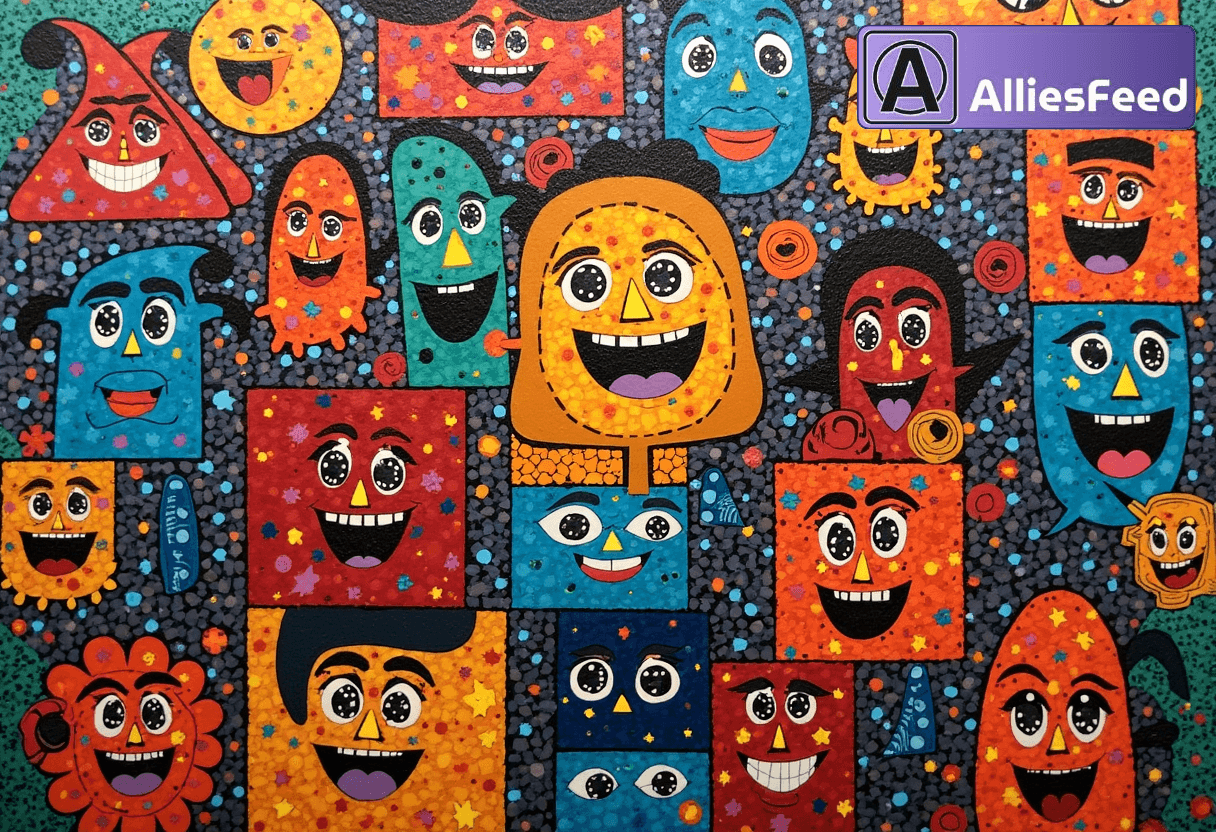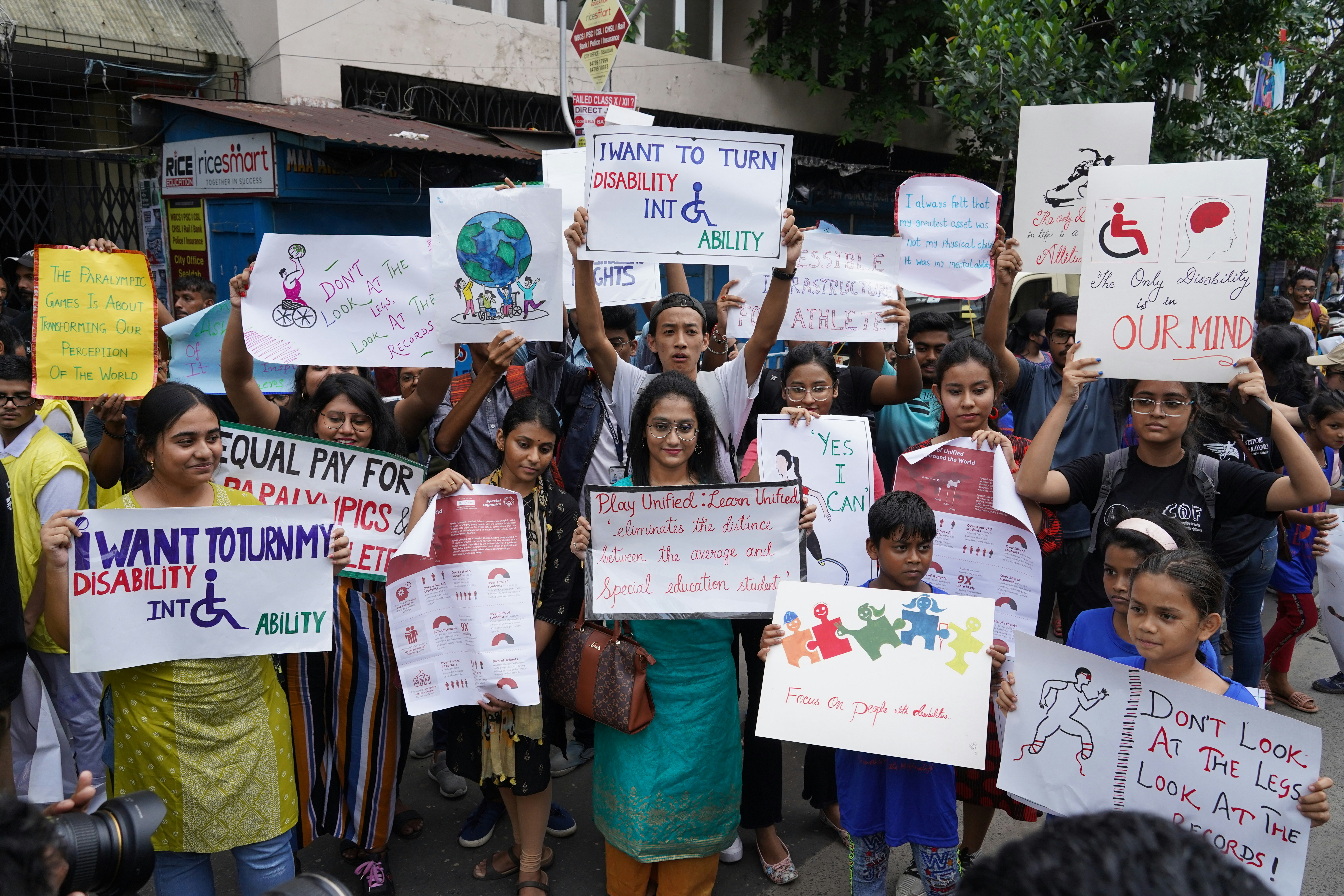Cultural competence and diversity are the lifeblood of effective social work, empowering professionals to honor the unique backgrounds of every individual they serve. In today’s interconnected world, embracing cultural diversity isn’t just a best practice—it’s a moral imperative that drives social progress and builds resilient communities. 😊
Understanding Cultural Competence: Key Concepts
At its essence, cultural competence is the ongoing process of learning, self-reflection, and adaptation. It involves recognizing that every client brings a distinct cultural identity shaped by traditions, values, and life experiences. By embracing these differences, social workers can design more empathetic and effective interventions. This commitment to understanding fosters trust and opens the door to richer, more meaningful interactions. For a deeper dive into cultural competence, consider exploring resources provided by the National Association of Social Workers. 🌍
Addressing Bias: Awareness and Mitigation
Everyone carries unconscious biases—shaped by personal history and societal influences—that can subtly influence interactions. Acknowledging and actively addressing these biases is critical to fair practice. Through reflective supervision, ongoing training, and honest self-assessment, social workers can mitigate the impact of prejudice, ensuring that every client is met with the respect they deserve. Embracing this level of self-awareness not only enriches personal growth but also strengthens professional integrity. ⚖️
Effective Cross-Cultural Communication: Tools and Techniques
True communication goes beyond language. It involves understanding non-verbal cues, contextual meanings, and cultural nuances that can vary widely among communities. Social workers enhance their communication skills by using active listening, open-ended questions, and culturally relevant examples. These tools help bridge gaps and build rapport, ensuring that every conversation is both respectful and effective. To refine these techniques, check out expert tips available at the International Federation of Social Workers. 🗣️
Inclusive Practices: Tailoring Services
Inclusivity in social work means adapting services to meet the diverse needs of the community. This can involve tailoring language, adjusting intervention strategies, or even rethinking service delivery methods to align with different cultural norms. By designing programs that acknowledge and celebrate diversity, social workers create environments where all individuals feel valued and understood. Such practices not only improve outcomes but also reinforce the trust that is essential for community empowerment. 🤝
Continuous Learning: Adapting to Diverse Needs
Cultural competence isn’t a destination—it’s a lifelong journey. Continuous learning through workshops, community engagement, and reflective practice helps social workers stay informed about evolving cultural dynamics and emerging social issues. This commitment to growth ensures that interventions remain relevant and effective, fostering a professional practice that is as dynamic as the communities it serves. Embrace opportunities for learning, and watch how your practice transforms alongside the ever-changing cultural landscape. 📚
In embracing these strategies—understanding key concepts, addressing biases, mastering cross-cultural communication, tailoring inclusive practices, and committing to continuous learning—social workers can truly make a difference. This holistic approach not only advances the quality of care but also builds a more inclusive society where every individual’s story is celebrated. For further insights and practical tools on cultural competence, explore additional resources at the National Association of Social Workers and the International Federation of Social Workers. Together, we can create a future where diversity is embraced, and every voice is heard. 🌟




















Get Involved!
Leave a Comment